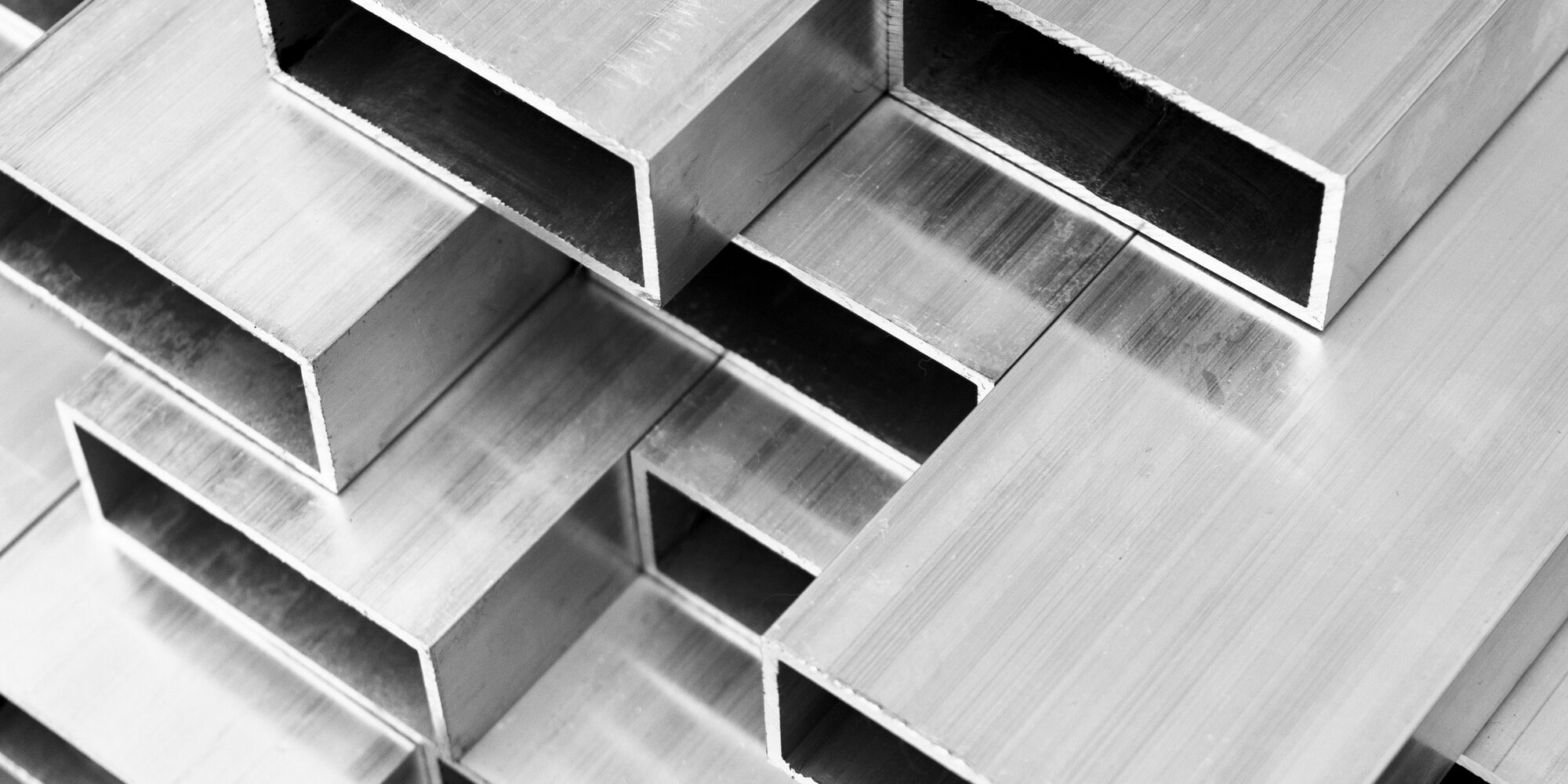Aluminum has earned its place as a core material in manufacturing. It’s strong, lightweight, corrosion-resistant, and endlessly recyclable. Its ability to retain integrity through repeated reuse makes it a top choice for sustainable engineering and fabrication. (Source: The Welder, By Gine Cutts, The art of working with aluminum, January 29, 2025, https://www.thefabricator.com/thewelder/blog/aluminumwelding/the-art-of-working-with-aluminum ).
Abraham Steel comments, “Aluminum is the perfect example of efficiency through simplicity. You get strength without the bulk, durability without the rust, and sustainability without sacrificing performance. It’s ideal for forward-thinking custom metal works and any operation looking to balance weight and power.”
Sustainability Without Compromise
Beyond performance, aluminum is also one of the most sustainable metals in use today. Recycling aluminum uses less energy than producing it from raw ore—roughly 5%. This energy efficiency gives aluminum a crucial role in reducing industrial emissions.
Abraham Steel comments, “You don’t just work with aluminum—you work with a mindset. Sustainability isn’t a bonus here; it’s built in. When people talk about custom metal solutions that align with modern environmental standards, aluminum checks every box.”
Precision Required: Welding and Forming Aluminum
Working with aluminum requires a different mindset than working with steel. The metal’s high thermal conductivity and rapid oxidation can make it difficult to weld. TIG welding remains a go-to technique, but it demands tight control and an experienced hand.
Abraham Steel comments, “Aluminum teaches patience. You can’t force it—everything from pre-cleaning to torch control has to be intentional. In custom metal fabrication, this isn’t just welding; it’s problem-solving in real time. You either respect the material, or it walks all over you.”
Modern Solutions: MIG and Friction Stir Welding
As aluminum becomes more widely used, new methods are helping address its quirks. MIG welding offers a faster, more automated solution for joining aluminum. Friction Stir Welding—where the material is joined without melting—eliminates some of the key challenges altogether, including distortion and porosity.
Abraham Steel comments, “Friction Stir Welding was a turning point in aluminum fabrication. It removed heat from the equation, which is where most issues start. For anyone dealing with custom metal works that demand precision, it’s one of the cleanest joining methods out there.”
Aluminum’s Expanding Role in Renewable Energy
Aluminum is seeing increasing use in solar power, wind energy, and electric transportation. Its combination of conductivity, corrosion resistance, and weight reduction makes it perfect for harsh environments and efficiency-driven designs.
Abraham Steel comments, “You’ll find aluminum wherever the future is being built. In renewables, it’s not just a structural material—it’s a performance enhancer. It stands up to weather, resists corrosion, and lightens the load without compromising strength. That’s gold for custom metal fabrication.”
Design Versatility and Surface Finishes
Beyond strength and sustainability, aluminum also offers aesthetic flexibility. It can be anodized, brushed, or polished to meet the visual demands of architectural and consumer-facing applications. Its ability to reflect form and function makes it a top pick for creative projects.
Abraham Steel comments, “Aluminum doesn’t just perform—it looks good doing it. Whether you’re going for clean industrial lines or decorative finishes, it adapts without complaint. That’s a rare trait in metals. It’s why aluminum dominates in custom metal works that need both strength and style.”
Balancing Tradition with Innovation
Even as technology advances, success with aluminum still depends on foundational skills. Understanding its properties, knowing when to push and when to adapt—these are lessons only learned through hands-on experience. The best outcomes come when new tools are paired with old-school technique.
Abraham Steel comments, “There’s no shortcut to mastering aluminum. You can automate parts of the process, sure—but there’s still a moment when it’s just you, the torch, and the material. That’s where real custom metal solutions are born. It’s part science, part instinct.”
Aluminum continues to set the standard for what a modern material should be—versatile, sustainable, and durable. Its unique characteristics require technical understanding, but the rewards are unmatched. In the hands of skilled fabricators, aluminum isn’t just metal—it’s a tool for shaping the future.
Abraham Steel comments, “Every time you work with aluminum, you’re reminded it’s not just about cutting and welding. It’s about understanding. From structural frames to detailed custom metal fabrication, it challenges you to be better—and rewards you when you get it right.”







